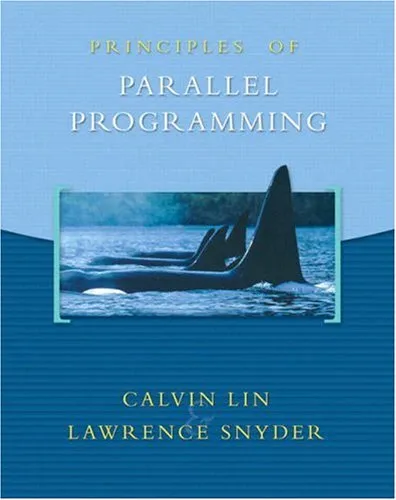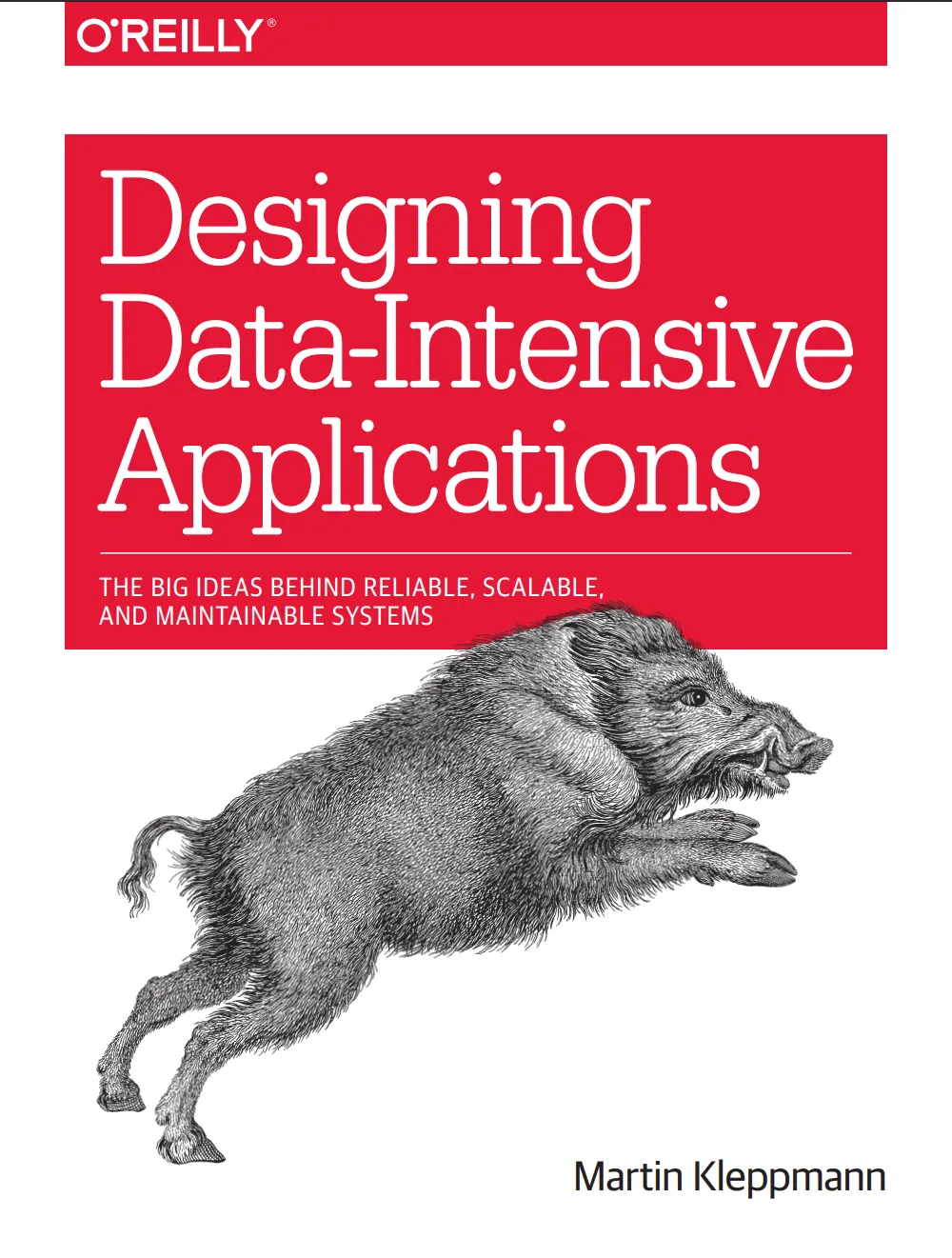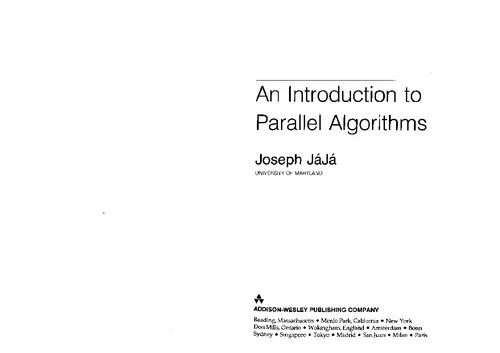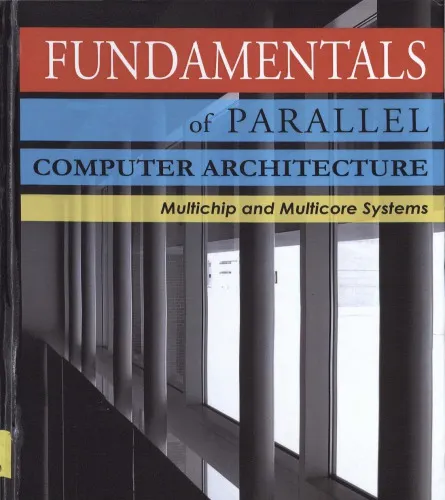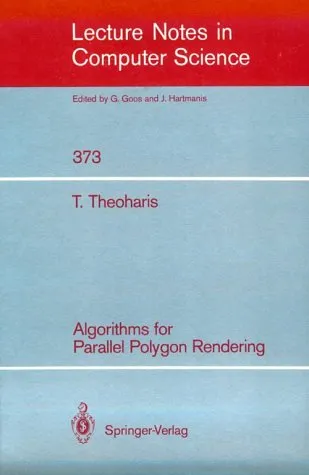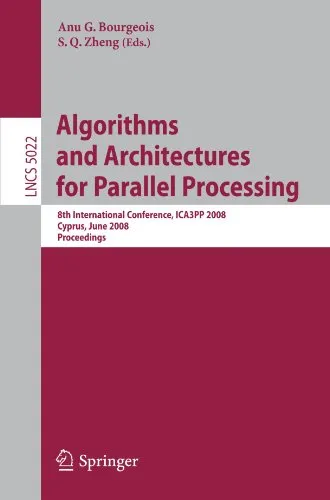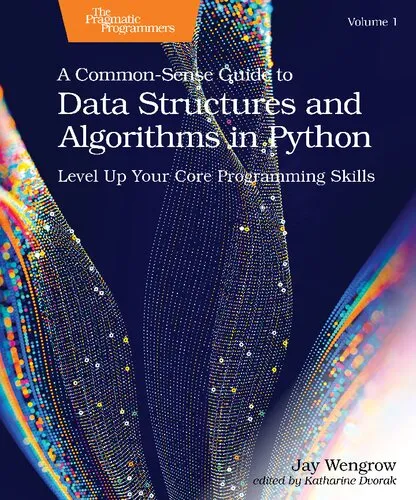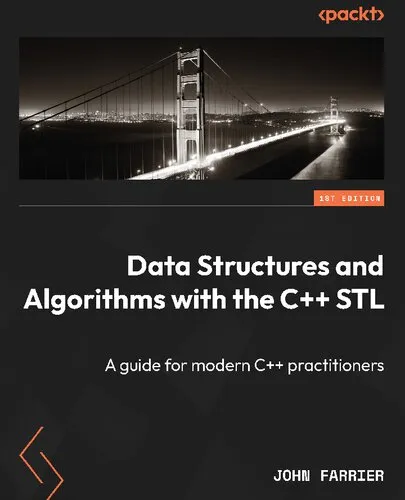Principles of Parallel Programming
4.5
Reviews from our users

You Can Ask your questions from this book's AI after Login
Each download or ask from book AI costs 2 points. To earn more free points, please visit the Points Guide Page and complete some valuable actions.Related Refrences:
Introduction to Principles of Parallel Programming
Principles of Parallel Programming by Calvin Lin and Larry Snyder is an insightful and comprehensive resource for understanding the art and science of parallel programming. As the computing world increasingly relies on multi-core architectures and distributed systems, mastering parallelism is more crucial than ever. This book presents the foundations of parallel programming, equipping readers with the theoretical and practical skills needed to write efficient, scalable, and reliable parallel programs. Whether you're an undergraduate computer science student, a researcher delving into high-performance computing, or a professional programmer aiming to improve your parallel development skills, this book serves as an essential guide. Through its lucid explanations, illustrative examples, and problem-solving exercises, it provides an accessible yet sophisticated treatment of the principles governing parallel computation.
Detailed Summary of the Book
Understanding Parallelism
The early chapters of the book address the foundational concepts of parallelism, exploring why it has become an imperative in modern computing. Readers are introduced to the challenges of parallel computation, such as task decomposition, synchronization, and communication, as well as strategies to overcome these challenges. This section lays the groundwork for appreciating why parallelism is a fundamental concept in computing today.
Models of Parallelism
The book introduces a variety of parallel computation models, such as shared memory, distributed memory, and hybrid approaches. Using concrete examples, it outlines the trade-offs between these models and their suitability for different applications. The authors emphasize performance analysis and cost models, enabling the reader to make informed decisions when designing parallel algorithms.
Building Parallel Programs
Moving from theory to practice, the book delves into the mechanics of parallel program design. It offers strategies for parallelizing algorithms and addresses issues like load balancing, scalability, and debugging. Key topics include synchronization mechanisms, data races, and efficient communication in both shared and distributed memory systems. Exercises and examples provide hands-on opportunities for readers to practice these skills.
Emerging Topics in Parallelism
The final chapters touch on advanced topics, such as GPUs and massive parallel architectures, offering glimpses into the future of parallel computing. Discussions around cutting-edge paradigms such as dataflow programming and speculative execution provide thought-provoking insights into where the field is heading.
Key Takeaways
- Gain a solid understanding of the theoretical principles underlying parallel programming, including synchronization and parallel execution models.
- Learn about real-world challenges in parallel computing and effective strategies to solve them, such as task decomposition and load balancing.
- Explore multiple programming models, including shared memory (e.g., threads) and distributed systems, along with their respective trade-offs.
- Master the ability to write scalable, efficient code for modern multi-core and distributed systems.
- Stay ahead in the fast-evolving field of computing by understanding advanced and emerging parallel research topics.
Famous Quotes From the Book
"Parallelism is not just a performance enhancement but a necessity as we march toward computationally intensive applications that demand the power future architectures will offer."
"The challenge of parallelism lies not only in executing tasks simultaneously but in orchestrating these tasks to work together seamlessly."
These quotes encapsulate the authors' profound insight into both the needs and intricacies of parallel programming, offering a guiding philosophy for programmers and computational thinkers.
Why This Book Matters
In a world increasingly dominated by computational applications and data-intensive systems, Principles of Parallel Programming stands as a timely and critical resource. It demystifies the technical complexities of parallel programming while offering a clear and structured path for students, professionals, and researchers to master the skills needed to excel. The book's emphasis on fundamental principles ensures its relevance across diverse programming languages, platforms, and architectures, making it a lasting investment. Additionally, by addressing both theoretical frameworks and practical implementation challenges, it bridges the gap between academia and industry, empowering readers to apply its principles to real-world problems. For anyone seeking to advance their knowledge in computing, this book is an indispensable asset.
Free Direct Download
You Can Download this book after Login
Accessing books through legal platforms and public libraries not only supports the rights of authors and publishers but also contributes to the sustainability of reading culture. Before downloading, please take a moment to consider these options.
Find this book on other platforms:
WorldCat helps you find books in libraries worldwide.
See ratings, reviews, and discussions on Goodreads.
Find and buy rare or used books on AbeBooks.
2035
بازدید4.5
امتیاز0
نظر98%
رضایتReviews:
4.5
Based on 0 users review
Questions & Answers
Ask questions about this book or help others by answering
No questions yet. Be the first to ask!
